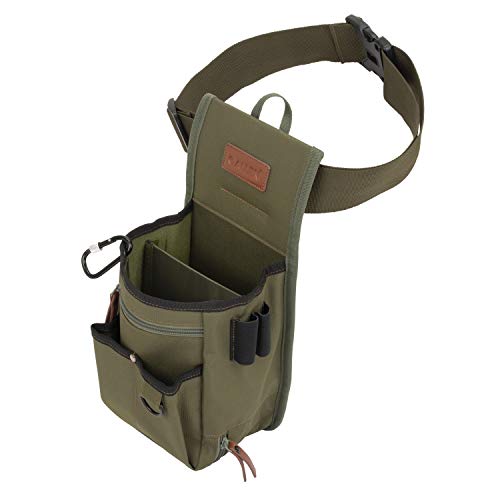Martin. Thank you. However, let me explain. I am a novice. I wanted to instil good practice at the outset. So a few lessons is good, but a lot of that for me is about learning the ground and trap layout at my local club in an effective way. I don't know anyone there, so it is also a good way of me getting integrated.
I also know, from learning classical piano since childhood, (along with violin and guitar) that a lot of people practice very inefficiently. Many of them to do not have an effective work plan and frequently they practice their mistakes - often not realising that they are doing it. This translates directly to shooting I expect.
For this reason the oft touted 10,000 hours suggestion is misleading. Someone with a rigorous practice plan will achieve their objectives a great deal quicker as they are not wasting hours on ineffective or error laden practice. I had an extremely rigorous Russian teacher when I was doing my performance diploma years ago, and she drilled into me get your technique spot on straight away. "Do not repeat your mistakes". To do that I need to identify both the mistake and the actual cause of my mistakes and correct them effectively. This is best done with a good coach. If they are anything like piano teachers some are fantastic, most average, and some useless.
I take your point about not reading the target correctly. However, I have been reading the highly recommended Break Clays book by Chris Bathe. He attributes a lot of miss issues to variable or incorrect head position (related to poor mount). This is addressed very logically in chapter 7 and is logically persuasive to me as I have followed his exercises and they do make sense to me. (Pages 60 and 61). There is a simple finger exercise that shows what happens to gun point with even fractional head movements.
Therefore I am working hard on good, consistent and calm position and mount and having a coach on hand means, I hope, that I will build in good muscle memory quite quickly. I reckon I am shooting two hours a week. 10,000 hours of shooting equates to 96 years, which at a guess is longer than I have left to live by quite some way, so I am hoping I can speed it up a bit











































